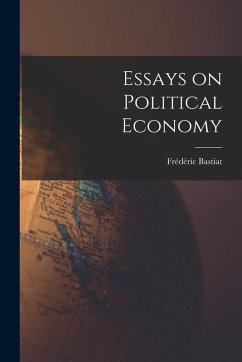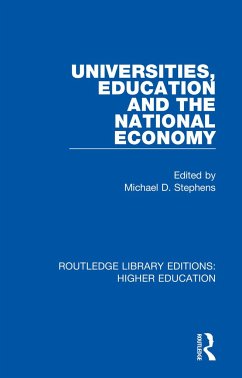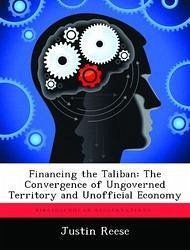
Financing the Taliban: The Convergence of Ungoverned Territory and Unofficial Economy
Versandkostenfrei!
Versandfertig in über 4 Wochen
58,99 €
inkl. MwSt.

PAYBACK Punkte
29 °P sammeln!
The present challenge to the nation-state system broadly, and USG specifically, consists of non-state actors operating within the context of weak governance and unofficial economy. This thesis explores USG effectiveness in disrupting terrorist or insurgent attempts to exploit financial asymmetry against the United States. The phenomenon of terrorist financing and the associated destabilizing attributes of counter-state organizations provide significant challenges to U.S. security. Terrorist financing relies upon both formal and informal value transfers enabled by access to sources of financing...
The present challenge to the nation-state system broadly, and USG specifically, consists of non-state actors operating within the context of weak governance and unofficial economy. This thesis explores USG effectiveness in disrupting terrorist or insurgent attempts to exploit financial asymmetry against the United States. The phenomenon of terrorist financing and the associated destabilizing attributes of counter-state organizations provide significant challenges to U.S. security. Terrorist financing relies upon both formal and informal value transfers enabled by access to sources of financing unique to the respective economic environment. Contemporary conflicts such as Afghanistan and Iraq illustrate the enemy's ability to adapt operations based upon cost efficiency models in an attempt to conduct operations that maximize potential cost to value ratios in their favor. The Taliban are an example of the organizational resiliency possible through sustained financing efforts and serve as a contemporary model for the study of USG counter-finance policy. USG counter-finance actions against terrorist organizations must be pursued with diligent fervor to detect and disrupt value streams associated with the adversarial threat.







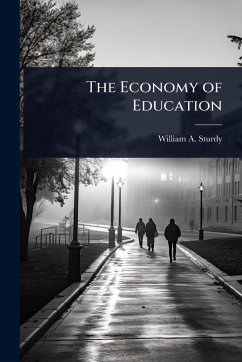


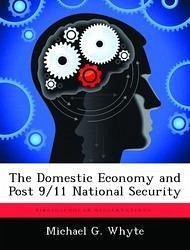
![The Psychology of Learning [electronic Resource]: an Experimental Investigation of the Economy and Technique of Memory Cover The Psychology of Learning [electronic Resource]: an Experimental Investigation of the Economy and Technique of Memory](https://bilder.buecher.de/produkte/65/65487/65487305n.jpg)

